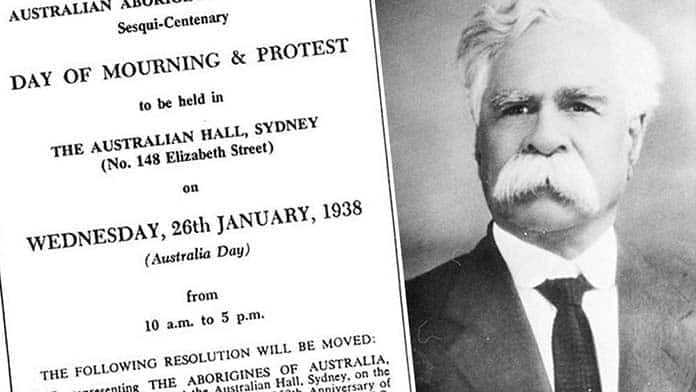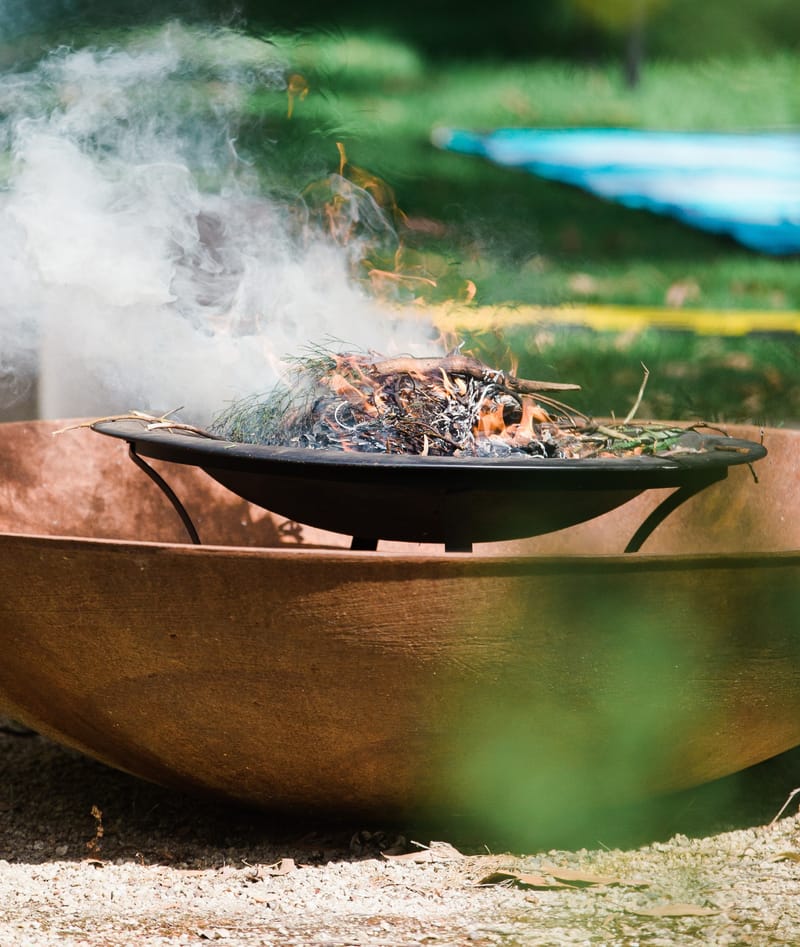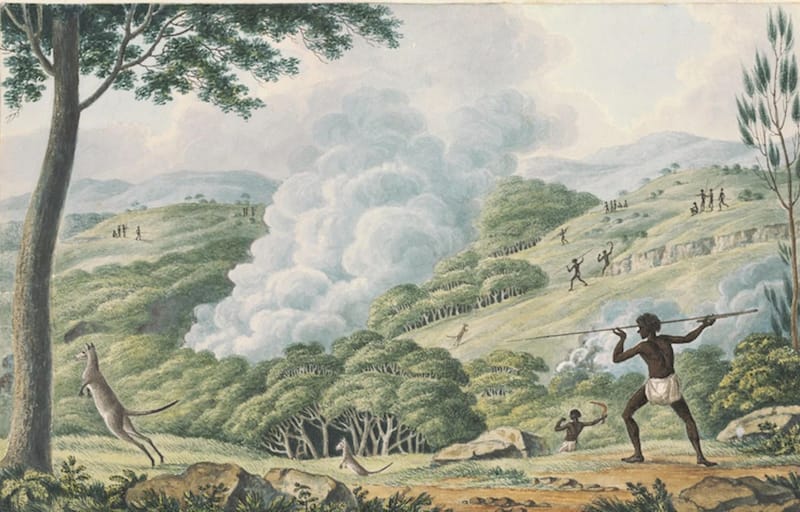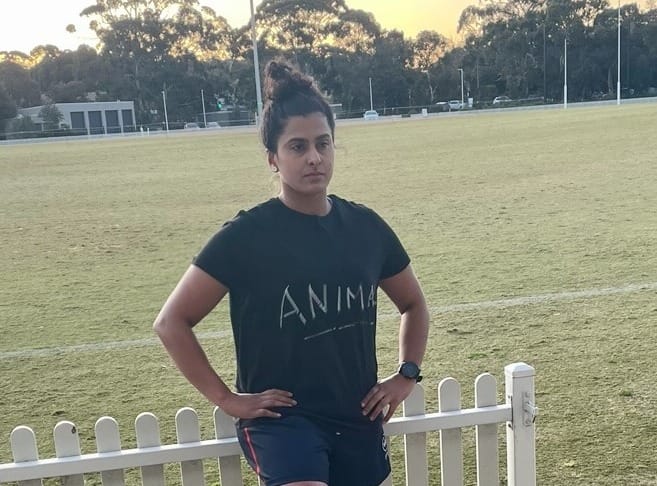
It's been more than two weeks since I was racially vilified while playing a VAFA football game. My nose was not bleeding and I had no broken bones, and the perpetrator swiftly ran away as if nothing had happened.
However, I was shocked and deeply hurt by what was said, which I don’t want to repeat here, but it immediately negatively impacted me in a very significant way, and I’m now questioning whether I want to continue playing the sport.
It was during the second quarter of a semi-final game when an opposition player racially slurred me by referring to the colour of my skin after I tackled them.
Surely, after all the recent controversy surrounding Indigenous AFL footballers Adam Goodes and Eddie Betts, this player should have known better? Or maybe they did know better, and it was said to deliberately hurt and vilify me?
Regardless of their intentions, in that moment, a part of me died.
Read more: Collingwood Football Club: What’s happened to the ‘Do Better’ report into systemic racism?
There’s nothing I can do about the colour of my skin. I cannot wipe my colour off, and nor do I wish to; I am who I am. But at that moment, I felt like I should not be on the field playing. I wondered if that was how everyone saw me.
This, sadly, isn’t the first time I’ve experienced racism; however, it’s the first time I’ve called it out when it occurred. As an advocate for women’s leadership and equality in sport, an area I’m researching, I couldn’t sit back silently.
I immediately reported the incident to the umpire at the time, who told me he would report the offence to VAFA at the conclusion of the game.
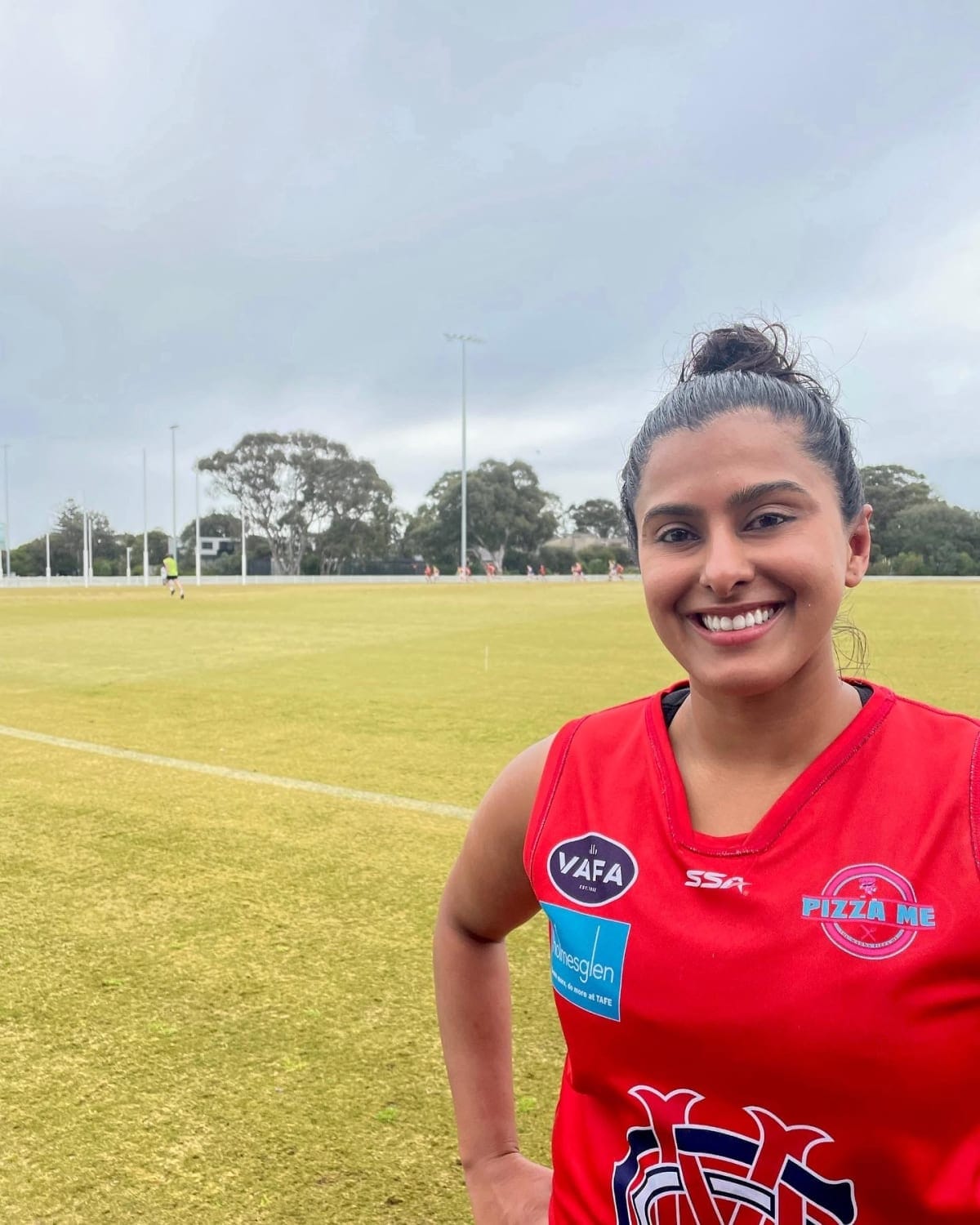
However, little has happened since, with no consequence being imposed on the perpetrator, and the following week the player in question continued to play for their club in an elimination game.
I’ve been told the opposition club is collaborating and cooperating. But I’ve received no apology from the player or their club, and we’re now playing the same team in the grand final this weekend.
I feel sick to my stomach knowing I’ll very likely be eyeballing this player again and sharing a field with them.
What concerns me is that it appears the player and their club think that this is normal, just sledging, and that no wrong has been committed.
Read more: How First Nations AFL players worked to fight racial vilification on and off the field
If I’d been physically struck, the player would likely have been reported immediately, and would later have had to appear before a tribunal to determine a penalty – all of which would most certainly have happened before the next scheduled round.
My point is that the league seems to be moving at a snail’s pace, appearing to work harder at avoiding formal recognition of the abuse than building urgency and appropriately penalising the act.
Despite having vilification and discrimination policies in place, I feel like I’m the driving force taking action and educating people on racism, which is both emotionally and physically exhausting.
I’ve been offered options of mediation and conciliation. That implies there’s been a disagreement here, a point of debate. There’s no disagreement here.
To me, this just further sweeps the complaint under the rug. Research shows these processes to be ineffective in satisfactory management of discrimination.
After requesting a match report, I’ve been told the league cannot access it – yet match reports and offences for the men’s games can usually be found on the VAFA website.
I’ve since been advised the umpire didn’t report the incident on the basis that he didn’t hear the racist comment himself.
I also coach football (soccer). In soccer, the umpire has the power to send someone off the pitch through the red card system. There’s nothing like that at the level I play. If a player commits an offence, they’re reported by the umpire, but they continue to play.
In my case, the umpire could have stopped the play to clarify what happened, but play continued, even though I addressed the umpire as soon as it happened.
The league’s code of conduct says:
“Do not engage in conduct which may reasonably be considered to incite hatred towards, contempt for, ridicule of or discrimination against a person or group of persons on the ground of their age, race, religion, gender, colour, sexual preference, orientation or identity or special ability or disability.”
However, my experience suggests there really isn’t a penalty or punishment should this occur. And the process to pursue such an offence places all the onus on the victim to mediate and conciliate, and even educate along the way.
Umpires, coaches and club officials need to be better educated when these instances occur, so they can be empowered to act swiftly with confidence, empathy and respect.
How can Australian football’s governing bodies allocate funds towards eliminating racism effectively if that racism isn’t being formally reported at the grassroots, or penalties applied?
If they’re mediated and conciliated, is the problem solved?
Ironically, it’s a reportable offence under the AFL rules to wear boots, jewellery or equipment outside of the rules, but blatant acts of racism aren’t defined under the game’s laws, beyond its code of conduct.
This weekend I have to play against this player and the opposition. I feel like I’ve been left with the sole burden of addressing racism and systemic injustices by having to take this matter into my own hands, as the process and people in charge have let me down.
I have teammates who have been deeply impacted by this, too, to the extent they’ve questioned if they want to take part in the grand final with this player and, ultimately, if they want to continue playing in a league that essentially permits racism. This issue is bigger than me – it impacts everyone.
This is most likely my last game playing Aussie rules football, a game that has brought me so much joy.
I’ll continue to leverage my lived experience, research and understanding to help drive policy change and procedures at a community level, and to push to have instances such as the racism I experienced regarded as reportable offences with appropriate consequences for offenders. I must, if we want to take racism seriously in our society.



